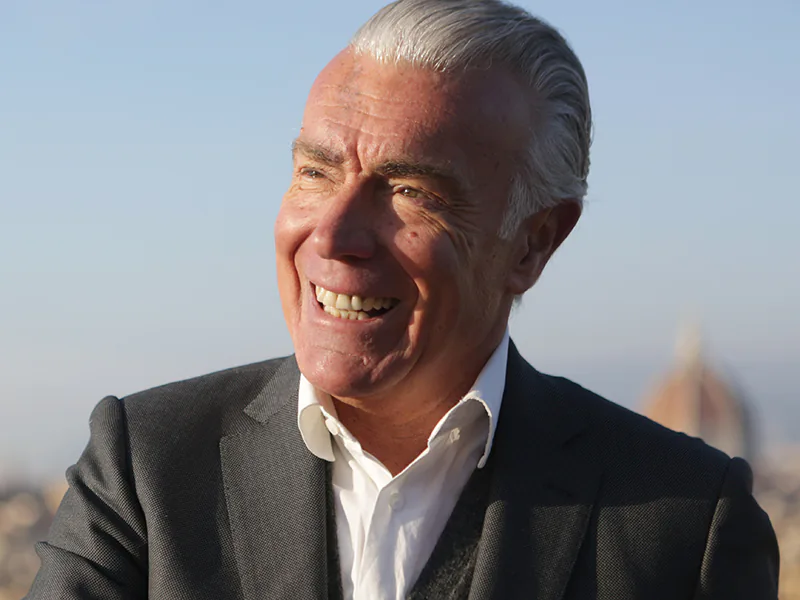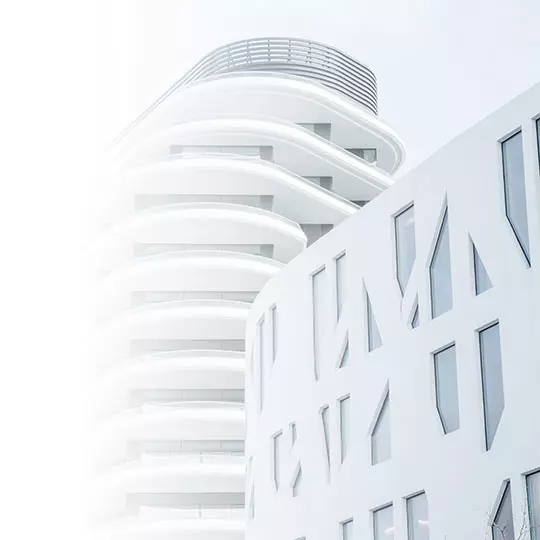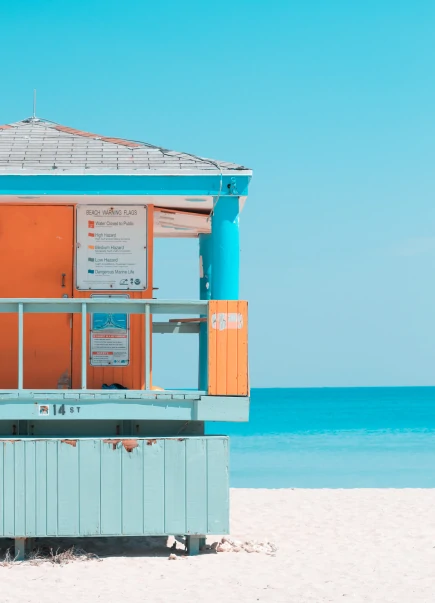
Our team takes a compassionate approach to prescription drug rehab. We offer comprehensive treatment to address physical dependence and resolve the underlying psychological and social factors of addiction.
Our multidisciplinary team of specialists combines a range of evidence-based therapies to overcome substance abuse, including cognitive-behavioral therapy and alternative, holistic treatments such as mindfulness and meditation as well as long-term relapse prevention and continuing care. At our luxury treatment center, you can overcome addiction and reclaim your quality of life in comfort.


A person addicted to prescription drugs experiences cravings for the substance, rising tolerance, and a need for higher doses. Going without the drug of abuse or attempting to quit "cold turkey" may cause withdrawal symptoms.
If you're concerned that a family member or loved one may be addicted to prescription medications, look for these warning signs:
Behavioral changes: isolation, secrecy, poor decision-making, lethargy, or increased energy
Taking medication in higher or more frequent doses than prescribed
Changed sleeping patterns
Difficulty maintaining relationships
Financial and legal problems, such as forging prescriptions
Loss of interest in activities and hobbies
Mood swings, or signs of depression and anxiety
Nausea, sweating, and tremors if drug use stops
Physical changes: appearance, poor hygiene, weight loss
Seeking prescriptions from more than one doctor
The consequences of medication abuse depend on the drug. Stimulants can cause anxiety and weight loss, while drowsiness, nausea, and confusion are associated with depressant abuse. Other risks include neurological damage, organ failure, and psychosis.
The short-term effects of prescription drug abuse include drowsiness, clumsiness, confusion, and impaired judgment, which can lead to unnecessary risks and accidental injury. Excessive use of some drugs causes potentially fatal respiratory failure. People experience cravings and withdrawal symptoms when drug use stops.
Apathy
Cognitive impairment
Constipation
Drowsiness
Emotional numbness
Impaired respiration
Listlessness
Mood swings
Reduced pain sensitivity
Long-term abuse of prescription drugs causes severe damage to your body and mind. Growing physical dependence and tolerance leads to increased consumption and endangers your vital organs, including your brain, heart, and liver. Increasing anxiety, depression, and financial and legal problems reduce your ability to function in daily life.
Anxiety and paranoia
Brain damage
Chronic pain
Heart failure
Mental illness
Respiratory failure
Severe depression
Suicidal ideation


Increasing tolerance leads to more consumption. The risk of liver and kidney damage, respiratory failure, heart disease, or overdose rises. Conditions such as anxiety, depression, or even psychosis become a greater possibility.
Relationships and employment are affected as you find it harder to function in daily life. Legal or financial issues damage your reputation as the cycle of addiction spirals - but it is never too late to get help.
Further risks of forgoing outpatient treatment include:
Family alienation
Financial problems
Legal consequences
Life-threatening overdose
Permanent organ damage or failure
Respiratory failure, coma, or death
Serious mental illnesses
Unemployment

The duration of prescription drug rehab varies according to your individual needs, the substance to which you've become addicted, your history of addiction, and your treatment goals. With all that being said, most of our custom, concierge programs range in duration between 10 and 90 days.
Prenatal care and education explain addiction's effects on a baby and provide the relapse-prevention and parenting skills needed for a rewarding family life. Medical detox reduces withdrawal symptoms safely for both mother and child. While we are not a detox facility, we can assist you in finding one that will meet all of your unique needs.
We also respond to the unique needs of women in recovery with tailored counseling and support groups.
We work with many private health insurance providers and accept most types of insurance with out of network benefits, including many employment-provided plans. Don't hesitate to contact us if you have any questions - our team is happy to provide advice and assistance in understanding your health insurance plan.
Every insurance plan is unique, but most private coverage at least partially covers addiction treatment. Dial (786) 559-0623 and let us know if you have any further questions.
Yes, and with high efficacy. Vita Recovery offers personalized outpatient and partial hospitalization programs tailored to your needs. These outpatient services come with extra advantages, allowing you to maintain your home, career, and educational responsibilities while integrating the lessons of recovery into your daily life from the start.
Some substance use disorders can be treated with pharmacological assistance alongside counseling and behavioral healthcare. These medications reduce cravings and withdrawal symptoms, making detoxing and sustaining abstinence easier while working through the non-physiological elements of addiction with a therapeutic team.
Detoxification is an inpatient treatment undergone in comfortable quarters with the supervision of expert clinicians, who may provide tapered medications to ease withdrawal. At this type of facility, detox is delivered by a compassionate team of medical professionals and counselors providing the 24/7 support needed to cope with withdrawal's physical and psychological challenges.
Licensed pharmacists dispense prescription drugs as directed by your doctor. They treat various conditions, including pain and mental health disorders. Examples of commonly prescribed drugs include opioids for pain, antidepressants for depression, and stimulants for attention deficit hyperactivity disorder (ADHD). Abuse frequently leads to addiction.

